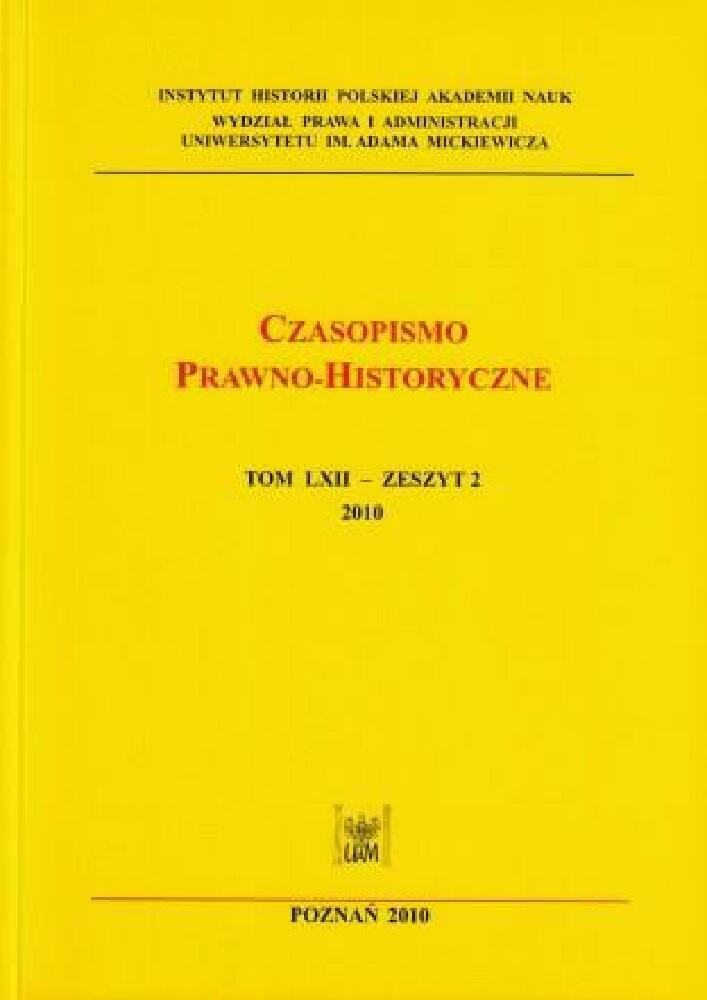Abstrakt
The paper analyses the admissibility of the right to counsel of the accused in the English criminal trial, and focuses on the pre-trial stage and the main criminal proceedings in the 13th and 14th centuries. Although the pre-trial proceedings had not been formalised until the mid 16th century, there are still some data available on which an opinion may be based. The author's focus of attention is the main criminal proceeding and the admissibility of the right to counsel at that stage, for which the sources of information seem more reliable. As can be deduced, the right to counsel depended on the form in which the criminal proceeding commenced and the weight, or gravity of the crime. In most serious cases the right to counsel was restricted. However, it was probably not until the Tudor period when the rule against defence counsel considerably toughened. This is further evidenced by instances occurring between 1300 and 1500 in which legal aid was extended in cases tried on indictment. An exception were matters initiated by private accusation, so called appeal of felony, and offences of lesser gravity, called misdemeanours. Legal issues that emerged during a criminal trial were also capable of justifying the right to counsel.
Finansowanie
Digitalizacja sfinansowana przez Ministra Edukacji i Nauki w ramach umowy nr BIBL/SP/0002/2023/1
Licencja
Copyright© 2010 Wydział Prawa i Administracji UAM w PoznaniuOPEN ACCESS




